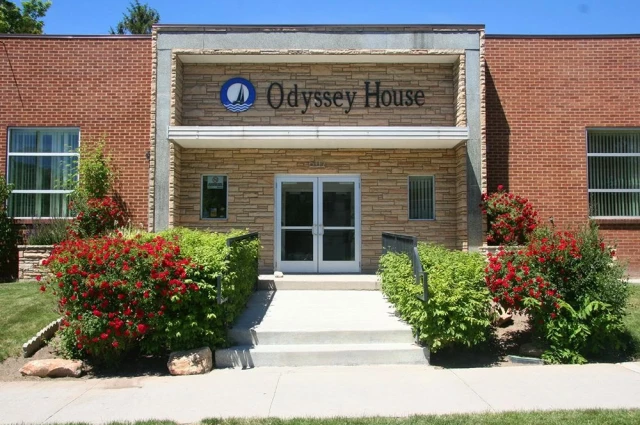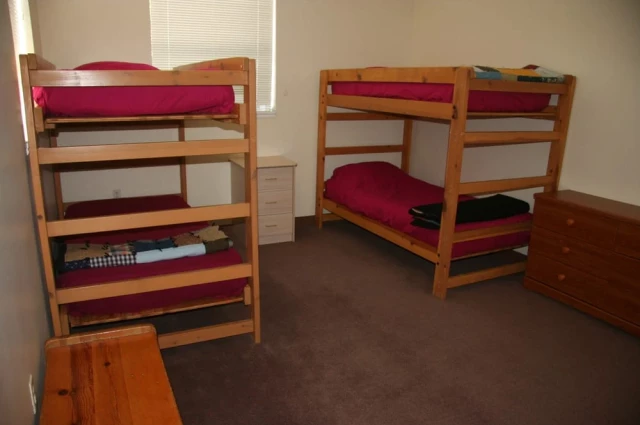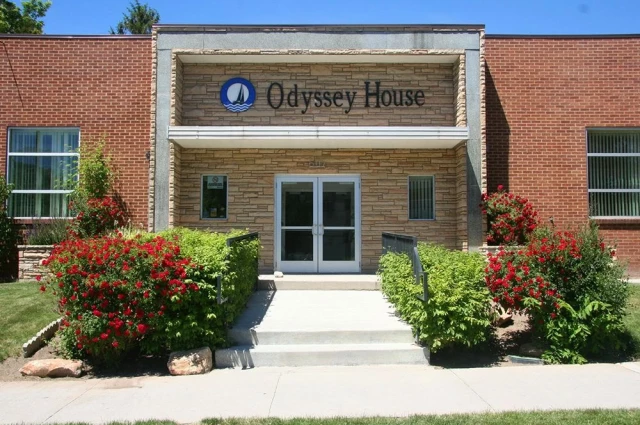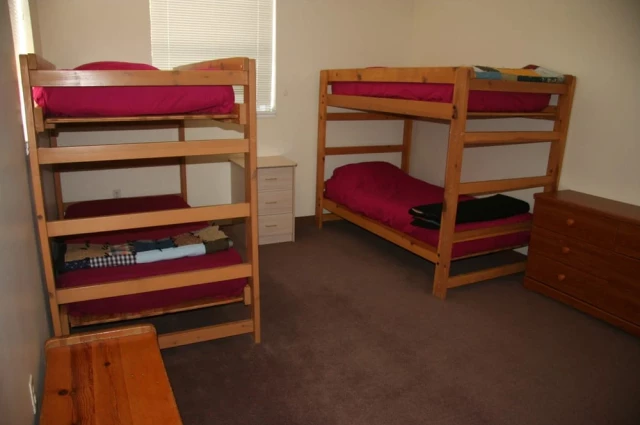Odyssey House - Adolescent Treatment Facility Information
Treatment
Who We Treat
- Adolescents
- Male and Female
Treatment Focus
- Adolescents
- Co-Occurring Disorders
- Drug Addiction
Approaches
- Therapeutic Community
- Evidence-Based
Conditions We Treat
- Anxiety
- Depression
- Post Traumatic Stress Disorder (PTSD)
- Trauma
Substances We Treat
- Alcohol
- Benzodiazepines
- Heroin
- Opioids
- Cocaine
- Methamphetamine
- Psychedelics
Languages
- English
Aftercare
- Outpatient Treatment
- Private
- Medication Assistance
- Continuing Care
- Support Meetings
- Online Alumni Groups
- Mentoring and Peer support
Level of Care
- Residential Rehab
- Co-Occurring Mental Health
Accreditations
-
State mental health department
State mental health department accreditation refers to the process of evaluating and certifying the quality and standards of a state's mental health department, ensuring that it provides high-quality services and meets specific criteria for mental health care. The accreditation process is performed by a third-party organization and helps to improve the overall care and treatment of individuals with mental health conditions.
-
State department of health
Government agencies issue State Licenses, granting permission to rehabilitation organizations to conduct their business operations lawfully within specific geographic regions. Generally, the particular rehabilitation programs offered by a facility and its physical location dictate the necessary licenses needed for legal operation.

-
The Joint Commission
The Joint Commission's addiction and behavioral health accreditation signifies a facility's commitment to high-quality care. It involves rigorous evaluations and assessments of clinical practices, ensuring effective, evidence-based treatment. Accreditation showcases a dedication to continuous improvement and patient safety, instilling trust among patients, families, and healthcare professionals. It's a mark of excellence in addiction and behavioral health care.

-
SAMHSA certification for opioid treatment program (OTP)
SAMHSA's Opioid Treatment Programs (OTP) Accreditation is a rigorous recognition process, signaling an OTP's commitment to high-quality care for those with opioid use disorders. It assures patients, families, and the community that the program adheres to evidence-based practices, maintains a safe environment, and employs qualified staff. This accreditation represents a commitment to addressing the opioid epidemic and promoting recovery, symbolizing quality and accountability in opioid addiction treatment.
Odyssey House - Adolescent Treatment Facility Accepts The Following Insurance Plans
Find the best treatment options. Call our free and confidential helpline today!




